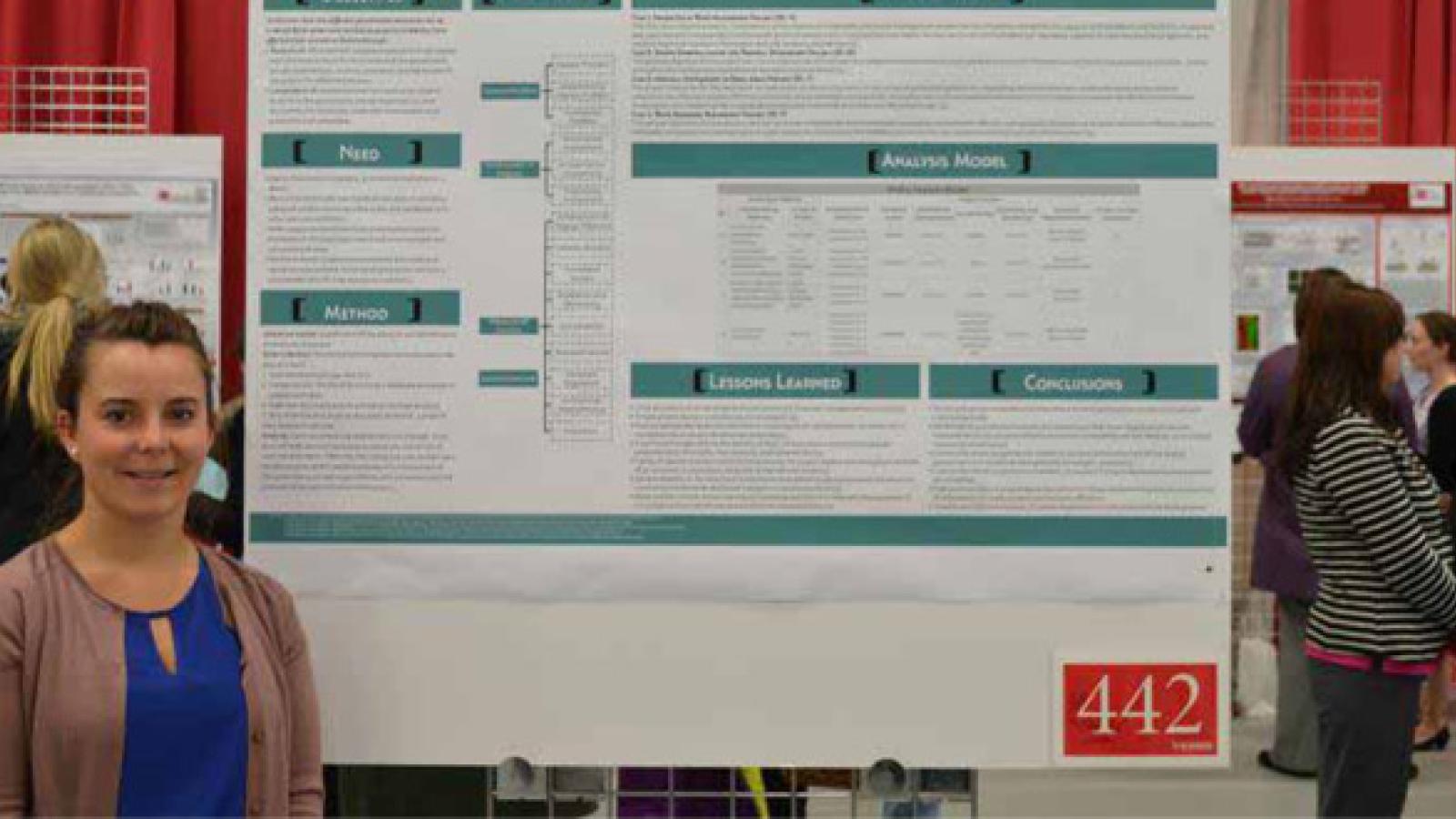Governance Structures in Mexico’s Water and Sanitation Upgrade Projects
Presenter: Johanna van den Berg
Advisor: Prof. Jesus Lara
Since 1950, the developing world has been urbanizing at unprecedented rates. While urbanization provides many opportunities for developing countries, the inability of many cities to keep up with infrastructure development is harmful to people and the environment. The purpose of this research project is to understand the connection between the governance of water and sanitation upgrades in Mexico and their long-term success. It examines factors that determine the success or failure of a project and how the involvement of the government, private organizations, and communities affects those factors. The research project analyzes between five and ten projects from the World Bank that are focused on the infrastructural upgrades of water and sanitation systems in Mexico, seeking factors that determine success or failure, including the level of institutional involvement for government, private, and the community. A policy analysis model using this information demonstrates the effects of varying governance models on the factors for success. Preliminary findings of the research indicate that several of the factors for long-term success include: increase in water collection, increase in water consumption, increase in collected revenue, number of project goals completed, increased coverage, and administrative capacity. The findings also suggest that government ability to pay back loans on projects and institutional strength have a large impact on the success or failure of the project. This project makes suggestions on how countries can think about administering the governance of water and sanitation upgrades, specifically, and infrastructural upgrades more generally, in order to result in the desired policy outcomes. The resulting policy analysis model will enable decision makers to frame their decisions for future infrastructural upgrading projects in developing countries with regard to their preferred outcomes.

